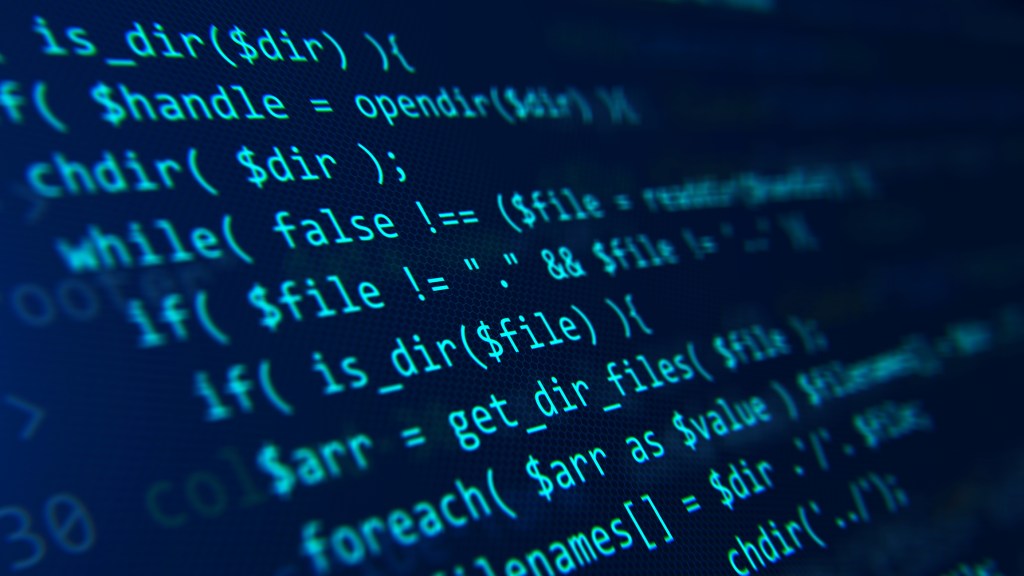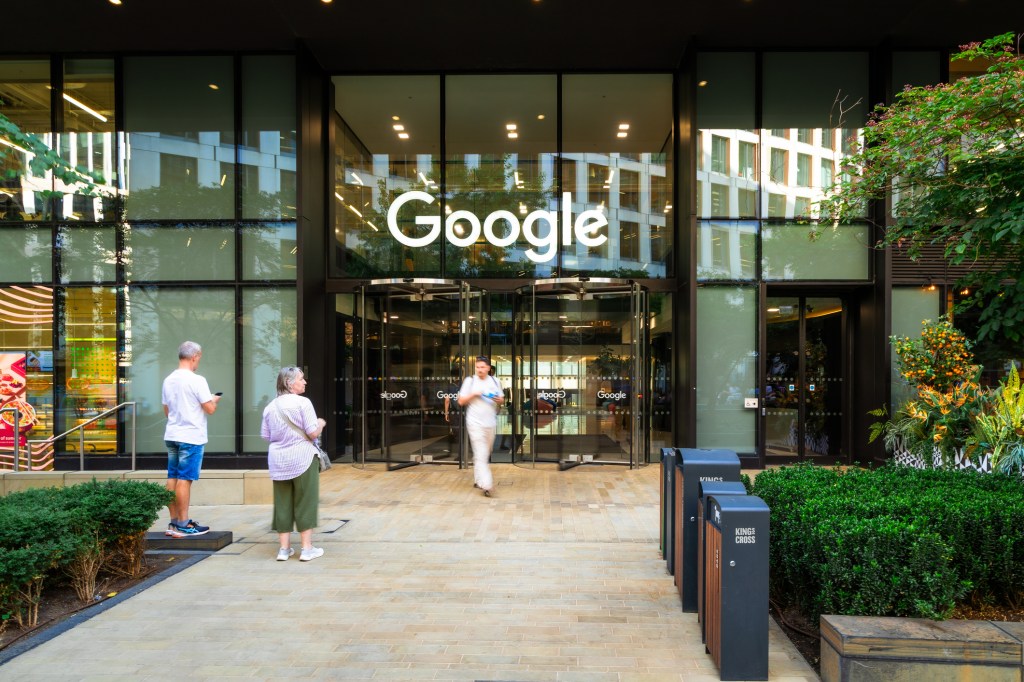The Laude Institute recently unveiled the results of the inaugural K Prize, a rigorous multi-round AI coding competition initiated by Databricks and Perplexity co-founder Andy Konwinski. This challenge aims to assess the capabilities of AI models in addressing real-world programming issues.
On July 23, 2025, at 5 p.m. PT, the Laude Institute announced that Brazilian prompt engineer Eduardo Rocha de Andrade emerged victorious, securing a $50,000 prize. Remarkably, Andrade achieved this feat by correctly solving only 7.5% of the test questions, underscoring the formidable nature of the competition.
Konwinski expressed satisfaction with the challenge’s difficulty, stating, We’re glad we built a benchmark that is actually hard. Benchmarks should be hard if they’re going to matter. He further noted that the competition’s design, which operates offline with limited computational resources, levels the playing field by favoring smaller and open-source models over larger, proprietary ones.
To incentivize further advancements, Konwinski has pledged $1 million to the first open-source model that can surpass a 90% score on the test.
The K Prize draws inspiration from the SWE-Bench system, evaluating models against flagged GitHub issues to test their proficiency in real-world programming scenarios. Unlike SWE-Bench, which utilizes a fixed set of problems that models can train against, the K Prize employs a contamination-free approach. By implementing a timed entry system, it ensures that models are tested on issues flagged after a specific date, preventing any benchmark-specific training. For the first round, models were submitted by March 12, with the test comprising only GitHub issues identified post that date.
The top score of 7.5% starkly contrasts with SWE-Bench’s current top scores—75% on its Verified test and 34% on its more challenging Full test. Konwinski acknowledged this disparity, suggesting it could be due to contamination in SWE-Bench or the inherent challenge of sourcing new issues from GitHub. He anticipates that as the K Prize progresses, participants will adapt to its dynamics, providing clearer insights into these differences.
This outcome highlights the ongoing challenges AI models face in effectively addressing complex, real-world coding tasks, emphasizing the need for continued innovation and development in the field.



